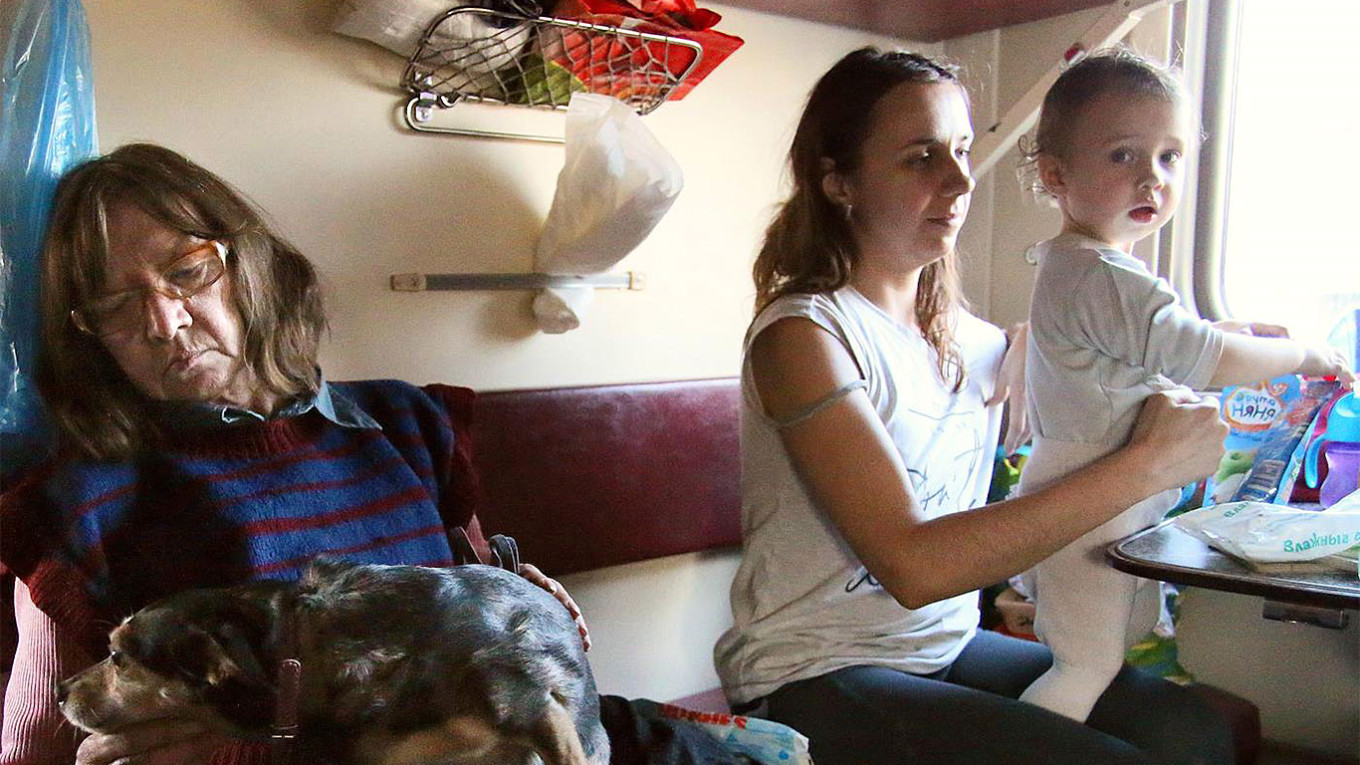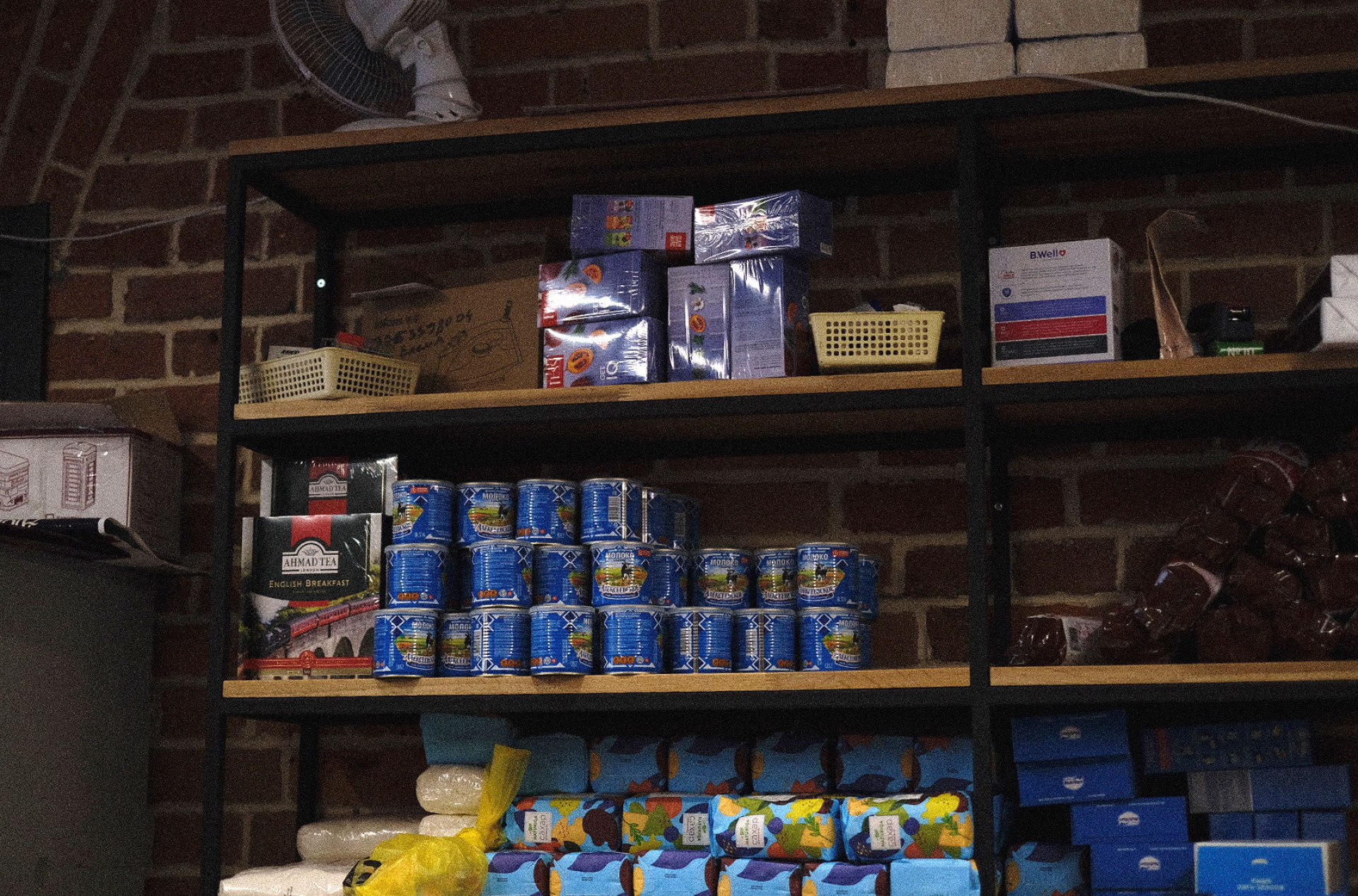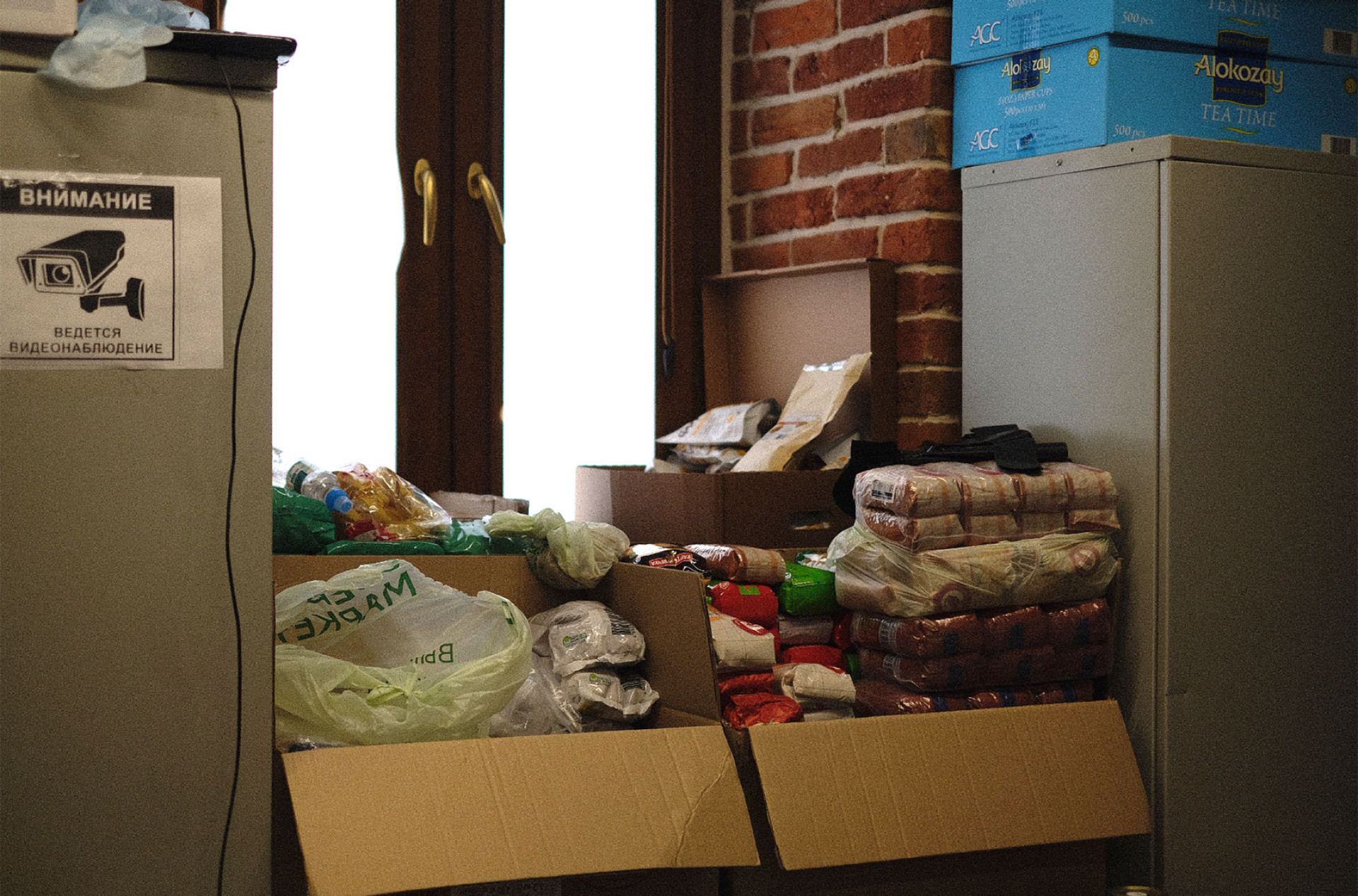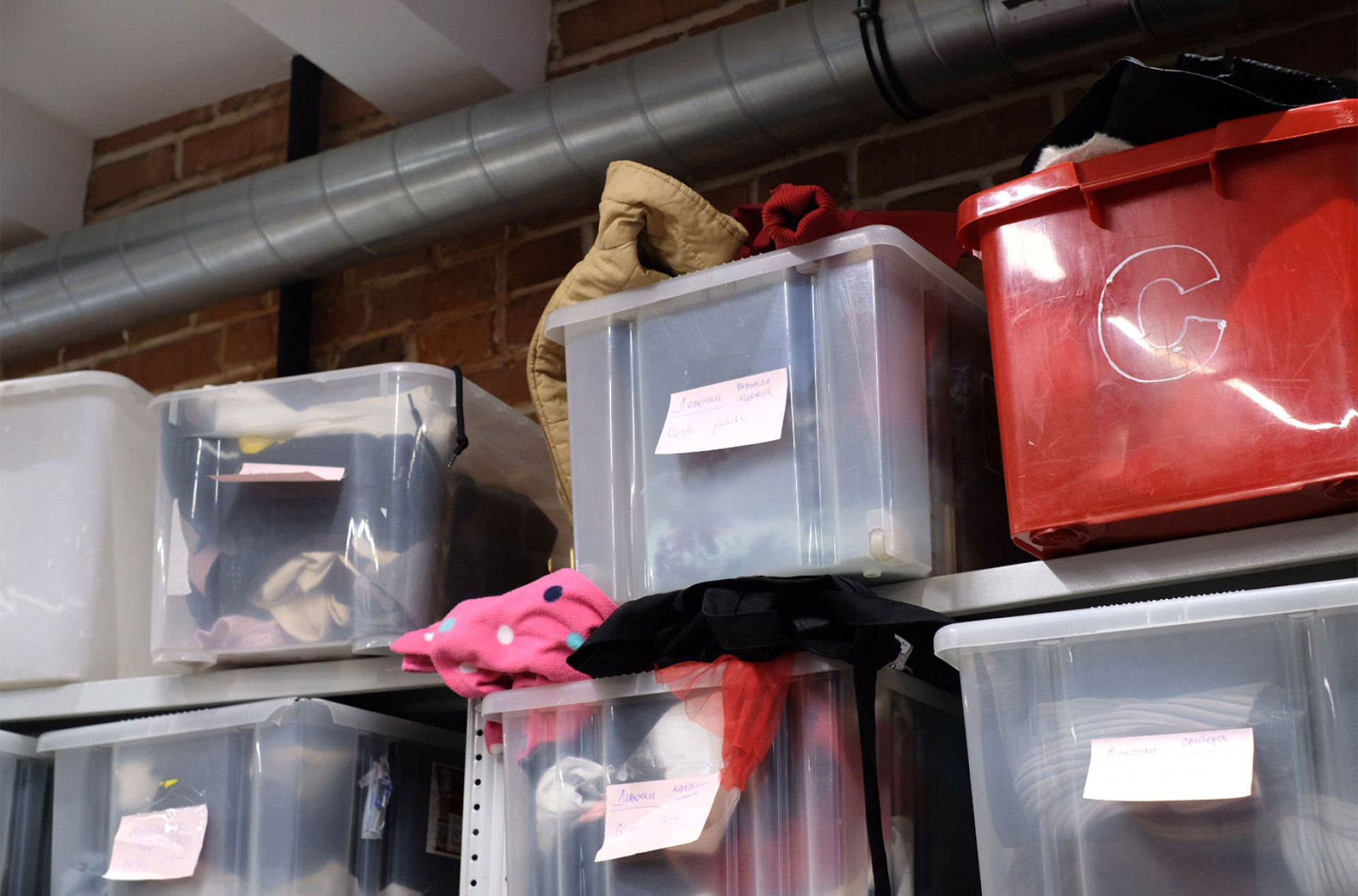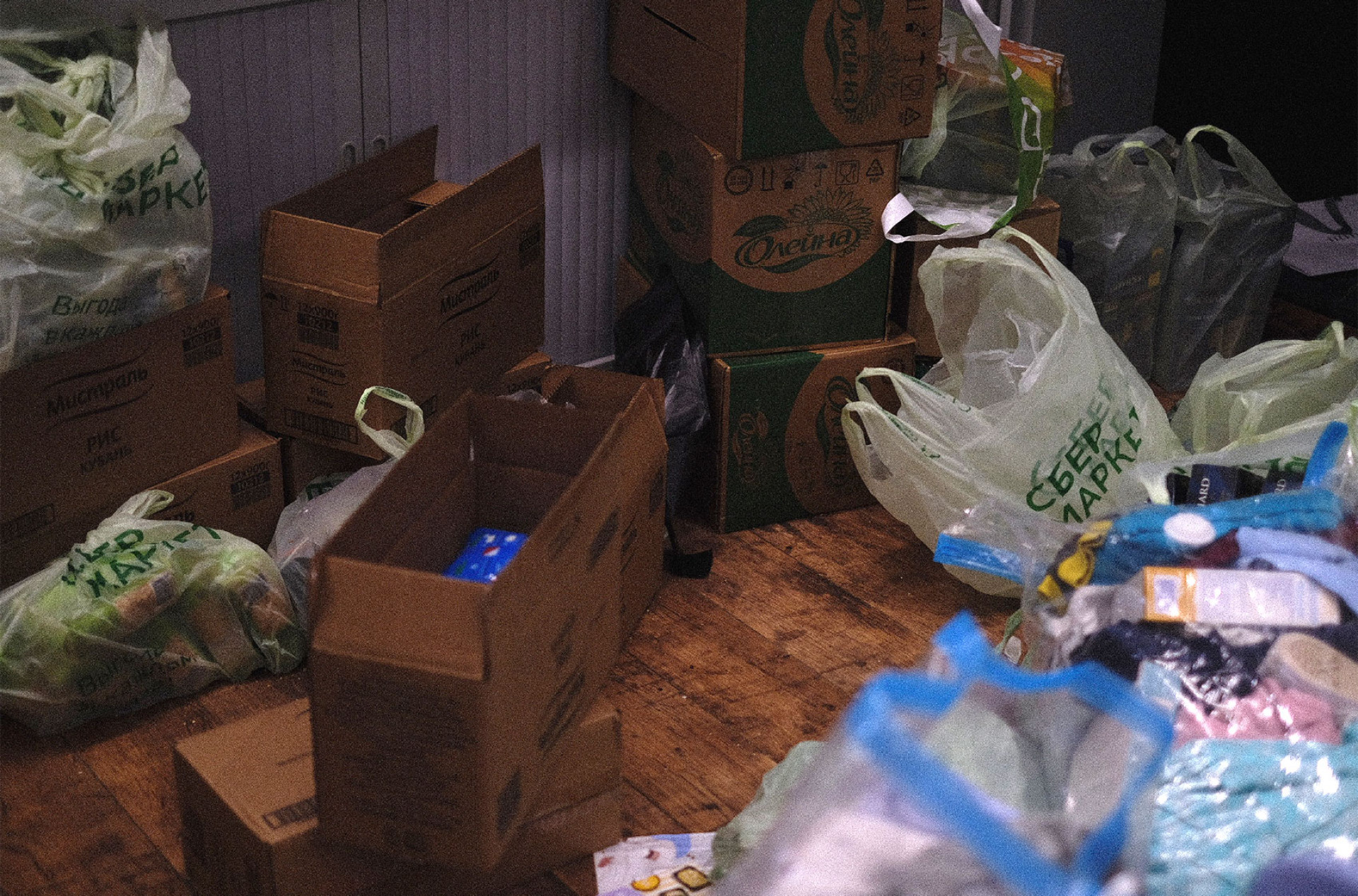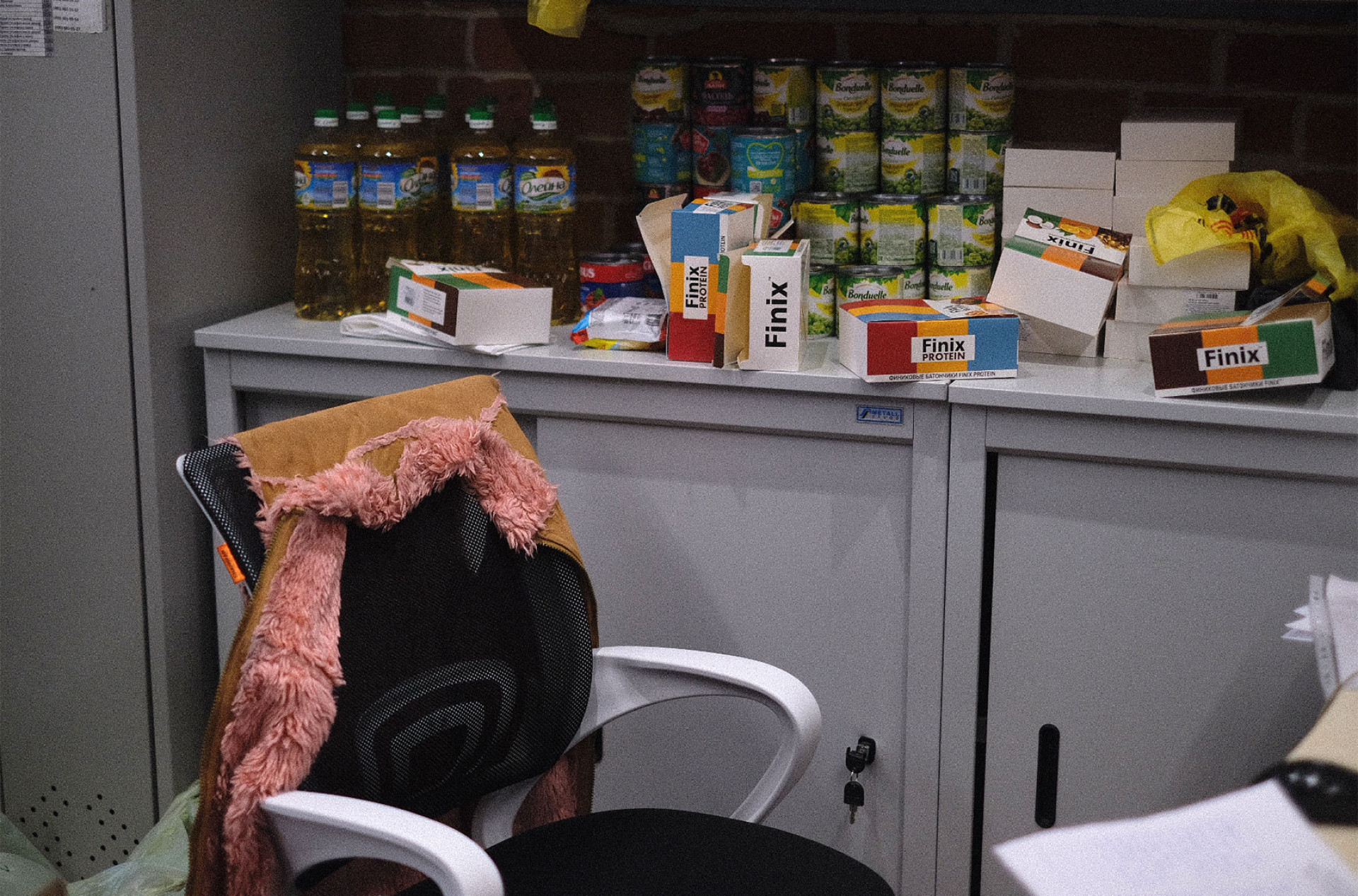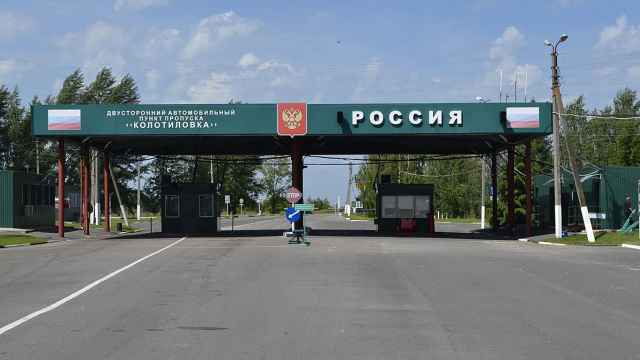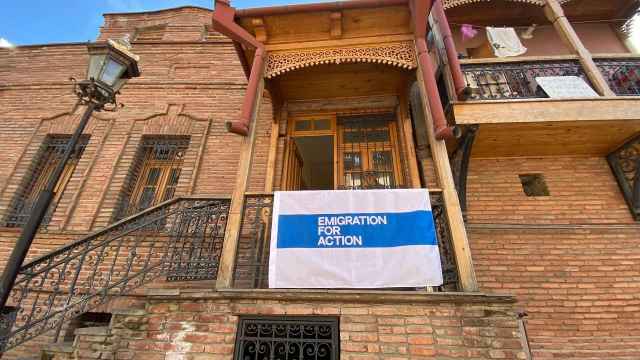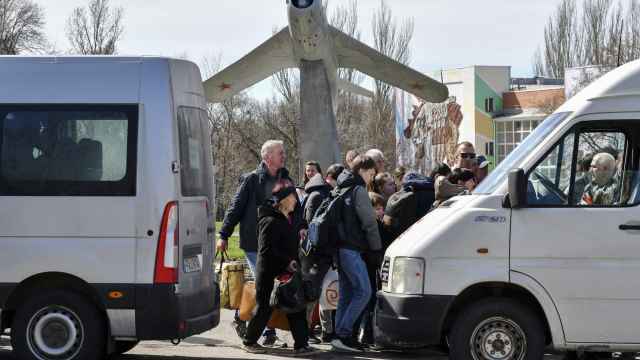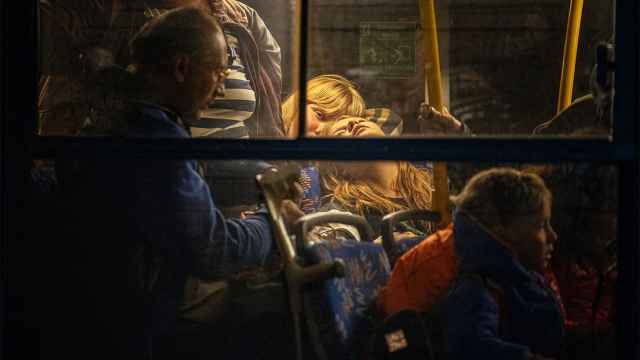MOSCOW — Tatiana moved to Russia from Sloviansk, a town located in a Kyiv-held part of eastern Ukraine’s Donetsk region, in March 2022 as shelling attacks intensified near her home.
After arriving, she was able to receive Russian citizenship fairly quickly, she told The Moscow Times, under a simplified process for Ukrainians.
Although Tatiana, who declined to provide her last name for safety reasons, acknowledged that she and her family have not fully put down roots in Moscow, she said they intend to remain in Russia — at least for the foreseeable future.
“We haven't integrated [into society] yet,” Tatiana told a Moscow Times reporter at the Moscow office of Grazhdanskoye Sodeystviye (Civic Assistance Committee), a charity organization that helps refugees in Russia.
“We are planning to go back, but right now it is still controlled by Ukraine,” Tatiana said.
Since the start of Russia’s full-scale invasion of Ukraine, a substantial number of Ukrainian refugees have fled eastward from the fighting to Russia rather than towards Europe, often because they had no other option.
Some of these people, like Tatiana, appear to have voluntarily chosen to relocate to Russia.
For the rest, there are growing concerns that Russian authorities may be compelling them to stay in the country waging war on their homeland — and seeking to erase their Ukrainian identity.
Estimates of the exact number of refugees in Russia range from the hundreds of thousands to as high as 5 million — though the latter figure has been dismissed by some observers as an inflated figure by the Russian government.
Moscow claims these civilians were evacuated from “bombing, shelling and repression” by who it calls “Ukrainian Nazis,” while Kyiv describes the relocations as forced transfers to enemy territory amid the Kremlin’s invasion.
A considerable number of Ukrainians have decided to remain in Russia rather than move on to a third country. Many simply lack the means to move to Europe or elsewhere, while others choose to stay because they have strong ties to Russia and speak Russian fluently, making it easier to integrate into the local community.
Like Tatiana, a number of Ukrainian refugees have also obtained Russian citizenship. Through a simplified process introduced last July, Ukrainian citizens can receive Russian citizenship by merely applying and presenting their passports.
Kyiv has called the simplified citizenship decree an “encroachment on the sovereignty and territorial integrity of Ukraine.”
The Russian government is actively encouraging Ukrainians to become citizens, making it easier for them to acquire a Russian passport than to obtain official refugee status, said Nikolai Voroshilov, press secretary of the Civic Assistance Committee.
Another Ukrainian refugee who moved to Moscow and who declined to share her name told The Moscow Times that she had also applied for Russian citizenship.
But while some Ukrainians plan to stay in Russia, many others hope to move elsewhere as soon as possible.
Many Ukrainians only sought refuge in neighboring Russia in a desperate attempt to escape the war, humanitarian activists say.
Several chat groups on the Telegram messaging app have been created specifically for Ukrainians in Russia seeking assistance to make their way to Europe or nearby countries like Georgia or Armenia.
“The most common story is that people were leaving the war zone and at that moment the only way to leave the war zone was to go to Russia,” Voroshilov told The Moscow Times. "We say that they are not coming to Russia, but [rather] they are coming from the war zone."
"We have never encountered complaints of anyone being forcibly taken out, but it is true that many found themselves with no choice but to leave," Voroshilov said.
According to media reports, Human Rights Watch and the United States State Department, thousands of Ukrainian refugees have been forced to undergo "filtration," a compulsory security screening, before being sent onward to Russian territory. Numerous rights abuses have been reported during this process.
United Nations investigators accused Moscow in March of the forced transfer and deportation of Ukrainian children to Russian-controlled territories, which “amount to war crimes” — accusations Russia denies. But Russia’s children’s rights commissioner, who is wanted by the International Criminal Court, said this week that Russia has “received” more than 700,000 Ukrainian children since the start of the war.
Some refugees who have arrived in Russia appeared to have been influenced or subjected to Russian state propaganda.
"It was one of the most surprising aspects for us,” said prominent Russian human rights advocate Svetlana Gannushkina, who is also the head of the Civic Assistance Committee. “Of course, everyone who arrives did so out of necessity. At some point, there was only one road out of the war zone. But people who come here have the opportunity to go to Europe — and there are few among those who ask for our help who want to leave [Russia]."
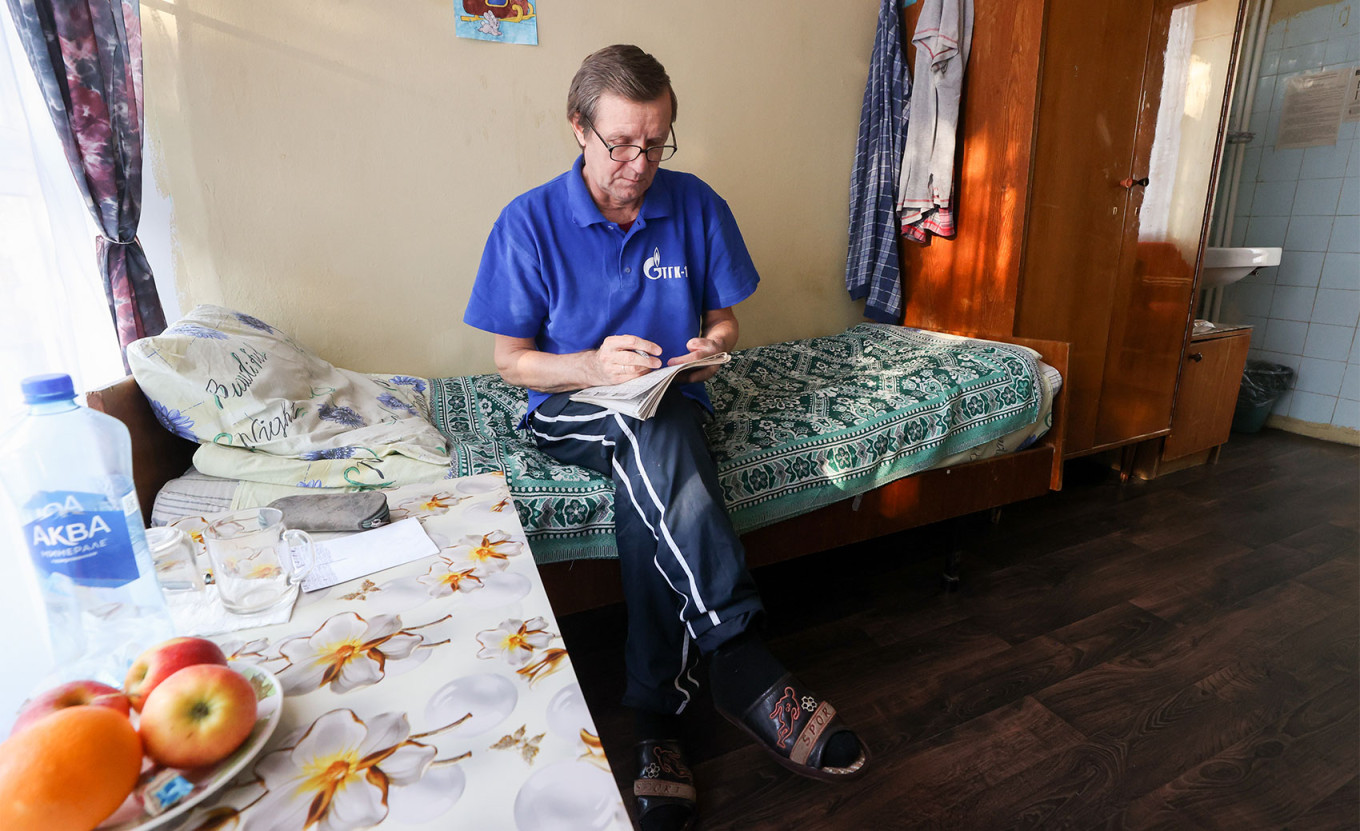
Gannushkina recalled some refugees telling her that they knew about Russia because they had watched Russian state television, which regularly paints a distorted picture of realities inside Russia.
"They haven't seen our country,” Gannushkina told The Moscow Times. “Some people say: 'You have such a leader, he's permanent, he cares about the people’.”
Russian authorities have promoted a narrative that portrays Russia as a safe haven and a new home for Ukrainians, encouraging integration and working to create a perception that staying in Russia is a preferable option for Ukrainians seeking refuge.
“Initially, the fact that people want to stay in the aggressor country and obtain citizenship was a shock for us. One of our employees said that hearing this was harder for her than hearing about the real horrors of the wounded,” Gannushkina said.
To facilitate the integration of Ukrainians who fled to Russia, the Russian government grants Ukrainian refugees access to free emergency medical services, as well as vaccinations, check-ups and appointments with local doctors at state clinics and hospitals.
Russia has spent a total of around 14.1 billion rubles ($153.9 million) on refugees arriving from Ukraine, TASS reported in May, citing a source in the security services.
Yet many Ukrainian refugees who fled to Russia still require assistance from human rights organizations — like the Civic Assistance Committee — or volunteers.
Tatiana from Sloviansk sought assistance from the Civic Assistance Committee when she first moved to Russia last year and said she continues to rely on the organization for support even today.
According to Voroshilov, the cost of living and housing in Russia is often a challenge for arriving Ukrainians. For refugee families, securing a good education for their children can also be a difficult task — and humanitarian organizations are trying to provide assistance and support for this, as well.
At the beginning of the war, many people were seeking assistance for basic needs such as food and clothes, activists said, whereas most of the aid provided today tends to focus on more specialized needs like obtaining documents.
Voroshilov said the Civic Assistance Committee would continue to aid Ukrainian refugees for as long as they needed.
“There are still many who want to return home, but for some, their homes were destroyed, and they are still trying to figure out their next steps,” Voroshilov said.
“In the meantime, it is crucial to ensure that they have some help — and this is what we are doing.”
A Message from The Moscow Times:
Dear readers,
We are facing unprecedented challenges. Russia's Prosecutor General's Office has designated The Moscow Times as an "undesirable" organization, criminalizing our work and putting our staff at risk of prosecution. This follows our earlier unjust labeling as a "foreign agent."
These actions are direct attempts to silence independent journalism in Russia. The authorities claim our work "discredits the decisions of the Russian leadership." We see things differently: we strive to provide accurate, unbiased reporting on Russia.
We, the journalists of The Moscow Times, refuse to be silenced. But to continue our work, we need your help.
Your support, no matter how small, makes a world of difference. If you can, please support us monthly starting from just $2. It's quick to set up, and every contribution makes a significant impact.
By supporting The Moscow Times, you're defending open, independent journalism in the face of repression. Thank you for standing with us.
Remind me later.



